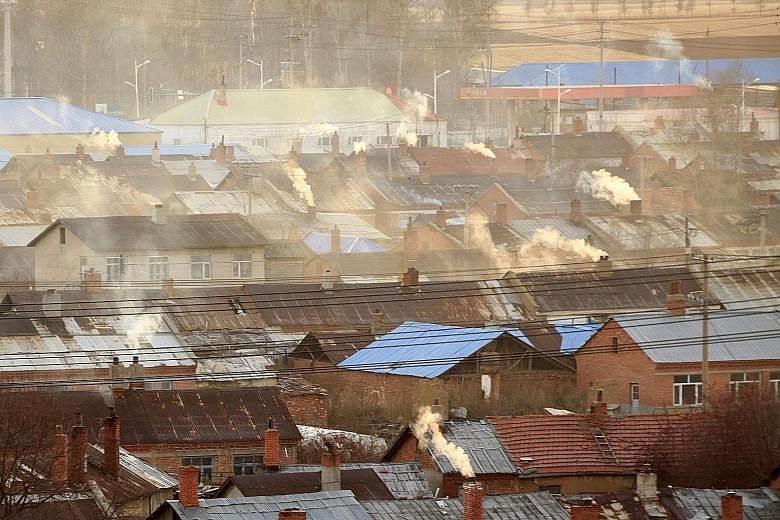Next Monday, more than 190 countries will gather in Paris to begin a two-week international climate conference referred to as COP21, or the UN Framework Convention on Climate Change 21st Conference of the Parties.
The objective is to negotiate an international climate agreement for the post-2020 period, which will limit the global temperature rise to below 2 deg C, a feat achievable only through the reduction of global greenhouse gas emissions. The Paris agreement must provide the framework for accelerating the global transition to low-carbon, climate-resilient economies. This can be achieved only through a collective effort and the true determination of all countries.
We are in a crucial period now and our planet is at a crossroads. This year, for the first time, global temperatures are predicted to rise more than 1 deg C above pre-industrial levels, which puts us halfway towards the dangerous warming threshold of 2 deg C. Scientists warn that exceeding 2 deg C will lead to the most severe effects of global warming, such as floods, droughts and rising sea levels.
In order to curtail the rise in global temperature, all countries agreed to pledge reductions of their greenhouse gas emissions. The European Union was the first major economy to submit its contribution to the new agreement last March - a binding domestic emissions reduction target of at least 40 per cent by 2030, compared to 1990 levels.

So far, 161 countries representing 90 per cent of current global emissions have come forward with their contributions. These contributions have come not just from some of the biggest emitters - including China, the US and the EU - but also from some of the most vulnerable countries in Africa, the Caribbean and the Pacific. The pledges are not just numbers on paper, as countries have done serious work, getting approval at the highest political level, to design comprehensive climate strategies, many for the first time. These are already important achievements.
While ambitious emissions reduction targets are the best way to prevent dangerous climate change, there is already a gap between the contributions on the table in Paris and the below 2 deg C objective.
The Paris agreement needs to be fit for the future. This means we need a long-term goal that will provide a shared vision of our destination of travel; a regular stocktake every five or 10 years to strengthen ambition over time, in line with the latest science; and last, but not least, strong and binding transparency and accountability rules to create the confidence and trust that partners will deliver on their commitments.
However, work should not stop with the Paris climate conference and it is essential that all countries gradually implement, before 2020 if possible, resilient low-carbon strategies which will bring us in line with the 2 deg C increase target by 2050.
Based on the contributions sent ahead of the Paris conference, it is estimated that we are on track for a global temperature rise ranging from 2.7 deg C to 3 deg C if countries stick to their commitments. While those projections are not as catastrophic as earlier forecasts, lots of work remains to be done collectively to ensure we do not cross the 2 deg C threshold.
Moreover, the Paris agreement has to be comprehensive. Poor and vulnerable communities around the world already have to cope with the reality of today's climate impact. They will need support from their own governments and from the international community. That is why adaptation to the consequences of climate change also needs to be a central part of a balanced agreement that helps us manage and reduce the risk of the adverse impact of climate change, including addressing the risk of loss and damage.
Mobilising finance for climate action will be essential too. The EU and its member states are already the biggest providers of climate finance, and we are committed to scaling up the mobilisation of climate finance from a wide variety of sources.
• The writers are the Ambassador of the European Union to Singapore and the Ambassador of France to Singapore respectively.

